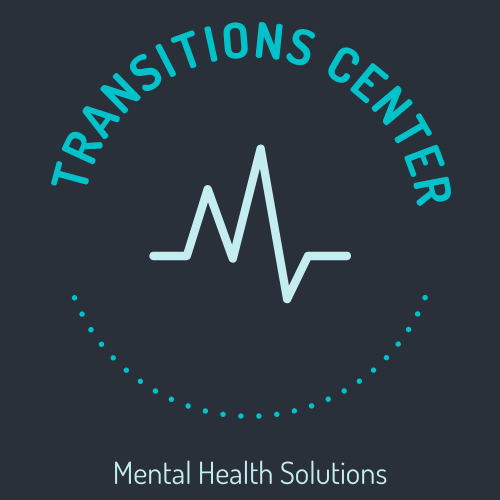
There is no doubt that social media has had a profound impact on the way young people communicate and share information. While there are many benefits to using social media, there are also some potential risks to young people’s mental well-being. This article will explore the pros and cons of social media use for young people and their mental health.
Social Media’s Benefits and Drawbacks for Youth
Social media has become an integral part of many people’s lives. For some, it is a way to stay connected with friends and family. For others, it is a way to follow news and current events. And for some, it is a way to connect with like-minded people and build relationships.
But what about the impact of social media on young people’s mental well-being? Some studies have shown that social media can positively impact mental well-being, while others have shown that it can have a negative impact. So, what are the PROs and CONs of social media use for young people and their mental well-being? Let’s take a look.
The PROs
There are a few benefits to social media use, despite its negative reputation, especially when used excessively. Here are a few advantages of social media for young people:
Establishing Connections
Making relationships outside of friends is one of the benefits of using social media. Making friends with someone who can help you get a job or another deal may be possible. Making friends with someone from another country may lead to them offering you a place to stay and financial assistance when you travel. For young YouTubers, one of the best ways to grow your channel is by networking with other personalities in the community. This can help you build an audience and make some friends along the way.
It Is a Great Way to Acquire New Skills
A person may not be able to provide their talents during an interview, but they may do so via social media. Social media can really help with this because there are particular accounts on social media that are dedicated to assisting teens in improving their abilities, which will be really useful when they begin looking for work and applying to colleges.
Meeting New Friends
Another positive outcome of being a social media presence is the ability to make friends. In fact, making and connecting with friends was one of the primary goals of social media when it first became popular. The larger your reach on social media, the more friends you can potentially accumulate.
May Help Boost Mood and Relieve Anxious Feelings
Although social media is often linked with increased levels of anxiety and depression, it can actually help alleviate those symptoms when used correctly. For example, if you’re feeling down, looking at some funny memes or reading supportive comments from your followers might boost your spirits. If you’re anxious, watching calming content or receiving advice on how to handle an anxiety attack may be helpful.
The CONs:
Social media can have some pretty harmful effects on mental health, especially for social media personalities and YouTubers. Here are a few of the cons:
Cyberbullying
Cyberbullying has serious implications, and it’s something that anyone active on social media may encounter. Cyberbullying started before social media was around, but Apps and websites have only made it easier for people to bully each other, which is one of the reasons why some parents limit their teenager’s exposure to social media.
Addiction
Social networking may become habit-forming, which can be harmful to everyone, particularly teenagers. While it’s excellent for learning, this may act as a major DISTRACTION during some crucial events.
Sleep Deprivation
We’ve all been there – up late scrolling through our social media feeds, catching up on the day’s events, or watching just one more episode of our favorite show. The next thing you know, it’s midnight…or later. While for some people occasional late nights might not be a big deal, for others, sleep deprivation can become a chronic issue.
Sleep deprivation can have a number of negative consequences, including:
Irritability and moodiness
Difficulty concentrating and focusing
Poorer academic performance
Lower immunity levels
Increased risk of accidents and injury
And in young people, sleep deprivation has also been linked to mental health issues such as anxiety and depression.
Fear of Missing Out (FOMO)
The constant fear of social media missing out or “FOMO” is very real, and if you find yourself scrolling for hours because you’re anxious about an event you’re not a part of, that’s normal. FOMO is felt more strongly now than ever before thanks to platforms like Instagram and Snapchat which can show us in real time what others are doing. For some people, this manifests as anxiety or depression; but it’s important to remember that everyone experiences FOMO to some extent.
About the Authors
Transitions Center for Natural Mental Health Treatments for a variety of physical and mental dependency issues and conditions. Substance use disorders are difficult to understand for many people. The physical and mental aspects of any substance disorder are complicated and unique to the individual suffering. The differences between physical and psychological dependency vary but have some similarities. Transitions Center for Natural Mental Health Treatments help the public know what to look for as a means of helping a loved one cope with the challenges of mental health disorders.
This post was created with the assistance of CBD online companies. At Mary Jane’s CBD Dispensary, they are passionate about providing their customers with the best quality products and services. Not only do they offer a variety of top-notch CBD Hemp products for you to choose from, but also Naturopathic treatments for physical disabilities or mental illnesses. They want everyone who comes through their online doors to leave feeling refreshed and healthy so they can live their lives on their own terms. Get in touch if you have any questions!
